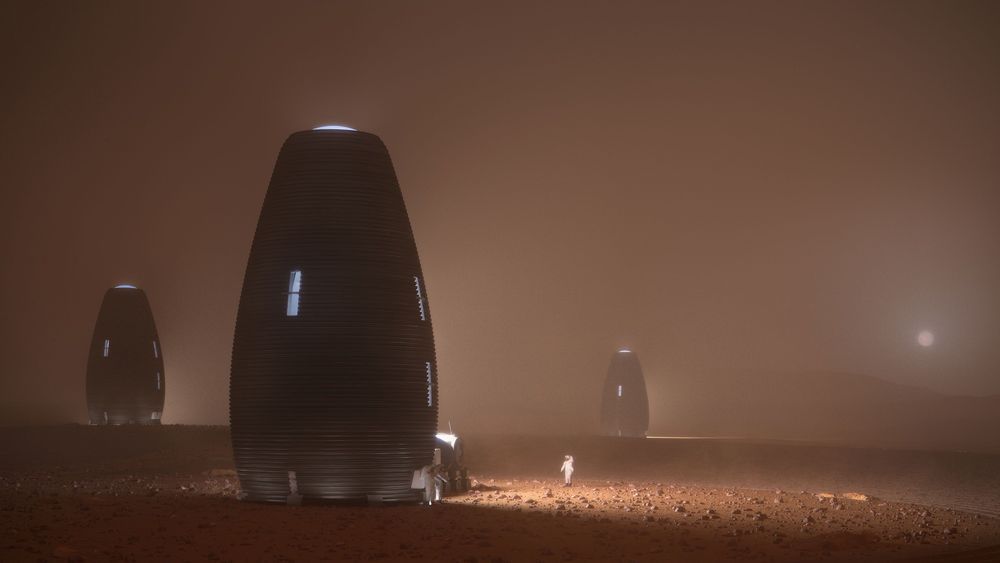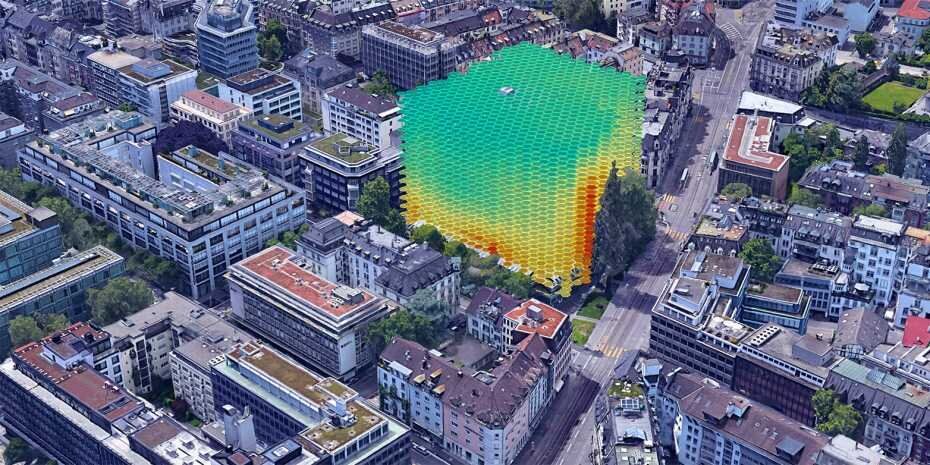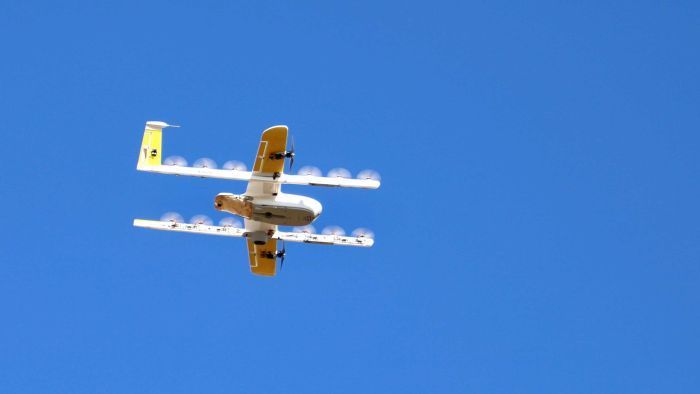Category: habitats – Page 104


Man Makes and Sells Compostable Wild Grass Straws
Imagine being able to use grass instead of plastic for #Straws…Zero Waste Saigon, which also sells the straws, says that finding a human use for the grass, helps preserve wetlands, which provide habitat for Sarus Crane birds, because it prevents them from being turned into crop land.
This man has come up with a super sustainable — and truly biodegradable —substitute for plastic straws.
As plastic straw bans come into effect around the world, a Vietnamese man has come up with a creative, natural alternative.

Transparent architecture
ETH spin-off Archilyse promises nothing less than the “world’s most comprehensive architecture analysis” on its website. The young entrepreneurs are attracting a lot of interest in the real estate sector.
Is a four-room apartment family-friendly or more suitable for a couple? How can office space be optimally divided so that its users feel comfortable? Archilyse helps to answer these kinds of questions. Based on address information, floor plans and 3D models, the ETH spin-off’s platform delivers various simulations and analyses of a property and makes them available to project developers, architects and real estate companies via an interface.
“A young family, for example, might be interested in the soundproofing between the children’s rooms and the living room, whether you can see the play area from the living room and whether the children’s rooms are bright enough to not impair the children’s cognitive abilities,” explains Archilyse founder Matthias Standfest.
Incredible 3D Laser Scans Saved in 2015 Could Help Rebuild The Notre Dame
The world watched in horror Monday night while flames tore through the Notre Dame Cathedral in Paris. As fire consumed the roof and toppled its iconic central spire, it seemed as though the historic church could be lost forever — but it’s possible, thanks to cutting-edge imagining technology, that all hope may not be lost.
Thanks to the meticulous work of Vassar College’s art historian Andrew Tallon, every exquisite detail and mysterious clue to the building’s 13th-century construction was recorded in a digital archive in 2015 using laser imaging.
These records have revolutionized our understanding of how the spectacular building was built — and could provide a template for how Paris could rebuild.
Video Captures How Mice React to Zero Gravity Aboard Space Station
The behavior of 20 mice on the International Space Station is helping shed some light on how humans might adapt to living in space.
The female mice were flown out on the International Space Station aboard an uncrewed SpaceX Dragon capsule and spent up to 37 days floating in NASA’s Rodent Habitat. Video footage show that the mice immediately began their usual grooming, feeding, huddling and socializing, but within 10 days of leaving Earth, younger mice began to run in circles around their cage.
